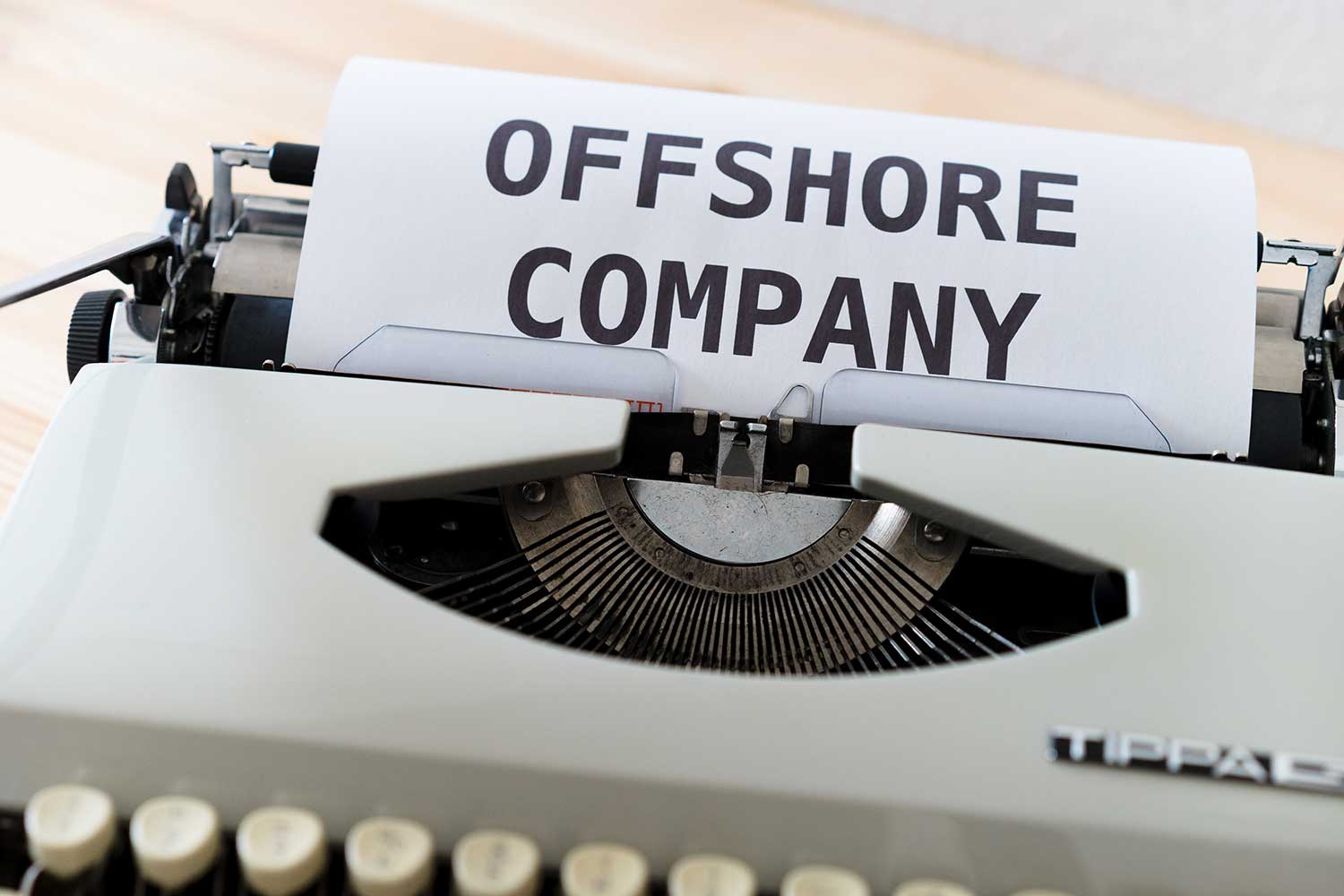Macau Offshore Regime Background
The Government of the Macao Special Administrative Region (“MSAR”) has recently put forward and sent to the Legislative Assembly a proposal for the revocation of Decree-Law no 58/99/M, of 18th October. In other words, the whole offshore system in the MSAR is coming to a definitive end as the draft legislation sets the extinction of offshore activity for the first day of the year 2021.
This provision comes as a follow-up measure after the Region was included in the European Union’s tax haven blacklist (since January 2018 transferred to the greylist), upon which the Government of the MSAR set itself to study and review in order to find strategies to improve the tax system for offshore institutions.
Despite this, the MSAR Government did not consider a regeneration of the offshore legislation and instead chose to end it once and for all.
It was not that long ago that the MSAR was praising the offshore sector as a gateway for the development of an international business center in the region, whereas the justification note for the draft bill reads now that the current legislation “does not meet the needs and the environment of economic development” in the MSAR.
Contrary to this claim, however, at least Bank Institutions and quite a number of resident workers and Law Offices in the MSAR have been actively participating in sizeable financial operations involving local offshore companies.
Amongst the most relevant concerns, let us turn our attention to the most important consequences that such policy may arise, briefly analyzing the draft legislation.
Overview
Comprised of merely five articles, the legislation’s focus was clearly set on a short-term termination of the offshore sector in the MSAR. Overall, the following consequences are somewhat evident:
- Henceforth, no enterprise shall be able to be licensed as an offshore entity;
- There will be an expiration of all licenses as of 1st January 2021, although they may subsequently proceed with normal activities as domestic companies, provided that the respective articles of association are amended in accordance with the provisions of the new law as detailed below;
- During the period between the date of entry of the new law and 31st December 2020 – the transitional period – offshore companies may still carry on their business although some of the offshore tax benefits shall cease as follows:
Offshore institutions shall not benefit from:
- the exemption from inheritance and donations tax on the free transfer of movable and unmoveable property exclusively affected to the offshore business;
- the exemption from real estate transmission tax on properties affected, exclusively, the offshore activity;
- the exemption from stamp duty on donations between living persons to whom the exemption on (i) applies;
- The managers and high-level specialized staff authorized to establish residence in the Territory, under the terms of the MSAR law, shall no longer be exempted from professional tax concerning the salaries paid to them by offshore institutions until 31st of December of the third year after the beginning of the activity in Macau;
- Offshore institutions with certain exemptions from income tax shall no longer be exempted from submitting the declarations stipulated in the regulations relating to income tax;
- Tax exemption over income, derived from intellectual property, that has been acquired as of 16th October 2017 shall cease, starting on 1st July 2018;
- If offshore companies opt to convert to domestic companies they are required to change their business names and business scope. Thus, they will be since the incorporation date subject to full Macau complementary tax;
- If offshore enterprises request the abovementioned changes within 90 days from 1st January 2021, they shall be exempted from the applicable taxes, notary and commercial registry fees.
Brief commentary
Although the offshore system is going to be abolished, the MSAR remains a tremendously competitive location.
On one hand, enterprises in the MSAR are able to take advantage of the privileged geo-economic situation that the Region has to offer, given the increasingly closer relations with the People’s Republic of China as well as other relevant Asian countries. On the other hand, the training and specialization of local workers in the MSAR, bearing higher academic qualifications, are also key decisive factors for economic growth and success.
Therefore, is it very likely that most of the offshore institutions transformed into domestic companies shall remain in the MSAR, making it sufficiently attractive – together with the overall fiscal environment – for these companies to stay and do business in the MSAR.
However, companies wishing to continue their operations in the MSAR and willing to make the necessary amendments may face some challenges according to what is currently set in the draft legislation.
While the new law provides for a reasonable period for these companies to disappear as offshore entities and allows the same to maintain certain tax exemptions, it should be possible for these enterprises to become domestic companies over these two years and simultaneously benefit from the favorable tax regime foreseen in the new law, allowing the envisaged changes to take place in a smoother way and a wider period of time, rather than the proposed limited three-month time span commencing on the 1st January 2021.
Quite clearly, it is a mistake not to allow the transformation until 31st December 2020, as offshore companies could easily continue to benefit from a more relaxed period in which they could be allowed to readapt.
In fact, most offshore enterprises have foreign partners abroad, which means that it might take some time for them to undertake the necessary measures.
At the very least, there should be an ex officio procedure or decision ordering the cancelation and deletion of registration from the Financial Services Bureau and the Commerce and Movable Property Registry, if these companies do not transform into domestic companies within the time frame established by the new law.
Indeed, the proposed legislation merely states that the license expires but does not refer to what the consequences are if these companies do not adapt to the new regime, making them legally inoperable but formally existent at the same time.
Also, there shall be cases where offshore enterprises need time to discuss with the financial institutions, management, associated companies, group companies, etc., because of their joint financial responsibilities, which could lead to disastrous and unintentional defaults in the future, amid contractual duties and financial responsibilities.
In any case, offshore companies will have to start discussions with the banks regarding the upcoming changes brought by the draft law and explain that they will have to transform into normal commercial companies in order to continue trading. At the same time, the short-span deadline may also pose a problem for the Registry services themselves, facing up to 500 potential amendment requests in one go.
On the other hand, the draft legislation is also misleading in terms of defining what the companies’ scope of business is set to become in the near future. In fact, article 4 calls for an exclusion of these companies’ corporate objects, leading to the belief that their corporate activity is illegal, which is actually false because their activity is entirely within the law’s boundaries and there are hundreds of companies with the same corporate object.
As it happens, there is actual legislation mentioning several activities within the offshore commercial service and auxiliary service scope, in areas such as consultancy in information technology equipment, data processing, database activities, administrative and archival support, research and development, testing and technical analysis, ship and aircraft management and administrative services, and trade in goods and services between the People’s Republic of China and Portuguese-speaking countries.
Therefore, the idea of transformation of a corporate name is correct, but not when applied to the corporate object, which is entirely legal, independently of being an offshore entity or a local corporation.
Conclusion
The somewhat straightforward solution adopted by the Government looks like being more a quick discard rather than a well-considered and informed decision. In short, the diploma has several deficiencies and its drafting should be reconsidered.
There is no magic formula to make an offshore system disappear and taking any dodgy shortcuts will just make matters worse.




